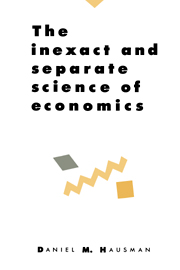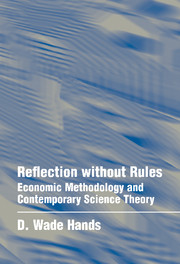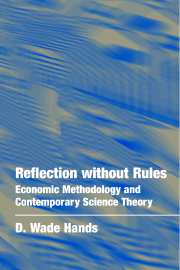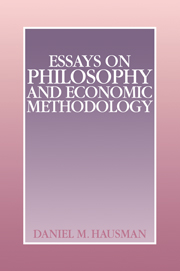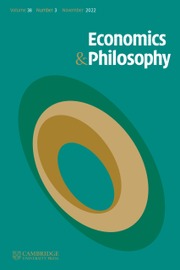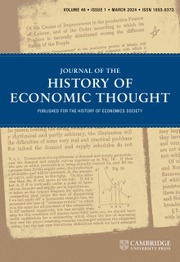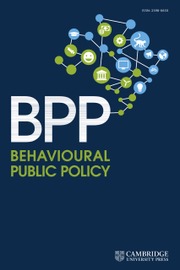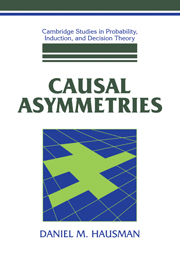The Inexact and Separate Science of Economics
This book offers a comprehensive overview of the structure, strategy and methods of assessment of orthodox theoretical economics. In Part I Professor Hausman explains how economists theorise, emphasising the essential underlying commitment of economists to a vision of economics as a separate science. In Part II he defends the view that the basic axioms of economics are 'inexact' since they deal only with the 'major' causes; unlike most writers on economic methodology, the author argues that it is the rules that economists espouse rather than their practice that is at fault. Part III links the conception of economics as a separate science to the fact that economic theories offer reasons and justifications for human actions, not just their causes. With its lengthy appendix introducing relevant issues in philosophy of science, this book is a major addition to philosophy of economics and of social science.
- One of the most important books to appear in economic philosophy/economic methodology
- Daniel M. Hausman is a leading authority in the field, and co-editor of the Cambridge journal Economics and Philosophy
- Includes numerous case studies illustrating the author's arguments
Product details
February 1992Paperback
9780521425230
388 pages
227 × 150 × 21 mm
0.539kg
8 b/w illus.
Temporarily unavailable - available from TBC
Table of Contents
- List of figures
- Introduction
- Part I. Introduction, Structure and Strategy:
- 1. Rationality and utility theory
- 2. Demand and consumer choice
- 3. The theory of the firm and general equilibrium
- 4. Equilibrium theory and economic welfare
- 5. Models and theories in economics
- 6. The structure and strategy of economics
- 7. Overlapping generations: a case study
- Part II. Theory Assessment:
- 8. Inexactness in economic theory
- 9. Methodological revolution
- 10. Karl Popper and falsificationism in economics
- 11. Imre Lakatos and economic methodology
- 12. Economics as an inexact and separate science
- 13. On dogmatism in economics: the case of preference reversals
- Part III. Conclusion:
- 14. Economic methodology
- 15 Conclusions
- Appendix: an introduction to philosophy of science
- Bibliography
- Index.

